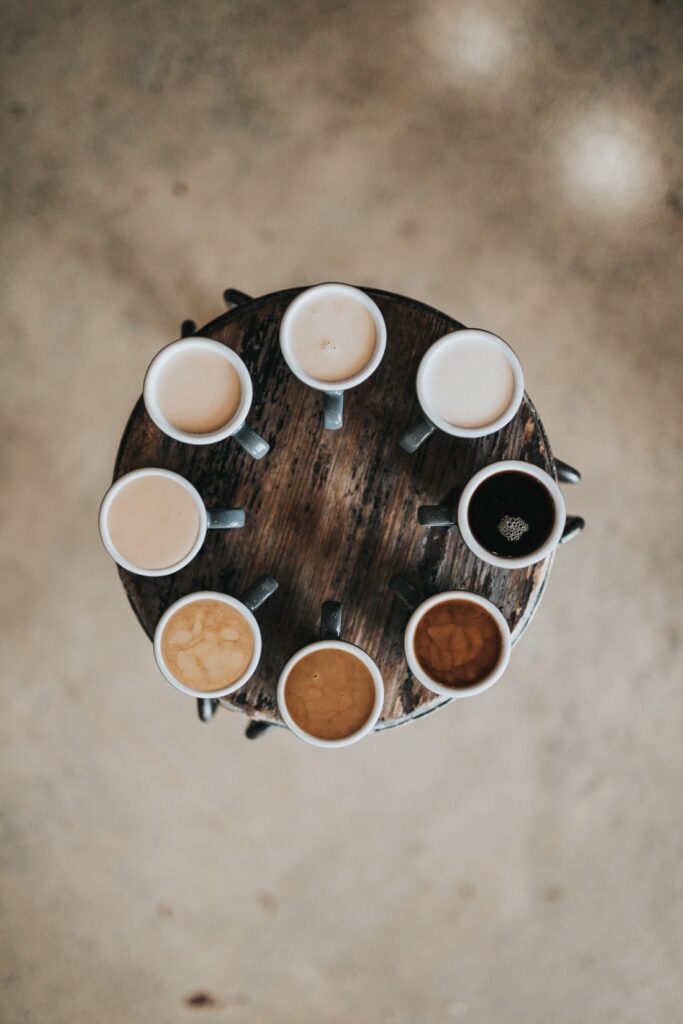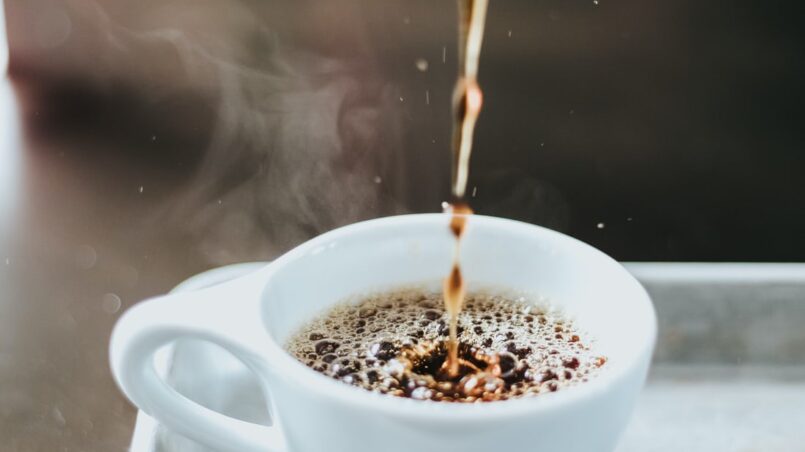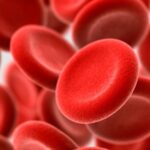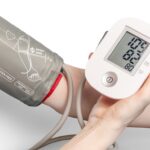
In a single day, approximately 1.4 billion cups of coffee are poured around the world. Caffeine is well-known for its ability to provide a burst of energy. A small cup of coffee will give some people an immediate buzz, while others can drink multiple cups and feel nothing. According to psychologists, the more caffeine you drink, the better your body adjusts to it.
Caffeine has a long-lasting effect, depending on how easily or slowly the body can metabolize it.Power, mood, focus, alertness, and athletic performance are all known to be enhanced by it. It prevents adenosine from transmitting its signal, keeping you awake and alert. It can also provide a short-term mental boost.
Caffeine Health Benefits
There are several explanations for the caffeine craze. It boosts mood, boosts brain activity, and may even protect against Alzheimer’s and Parkinson’s disease. Caffeine has the ability to block the molecule adenosine, which is involved in brain signaling. Other signaling molecules such as dopamine and norepinephrine are pushed out as a result. This adjustment is thought to improve the mood and cognitive function.
Caffeine’s most well-known and well-publicized consequence is its ability to provide an immediate burst of energy. So, how does caffeine do this? Caffeine’s stimulant helps to improve mood, increase alertness, and minimize fatigue.
Many gym goers believe that a shot of caffeine can help them lift more weights, boost their athletic endurance, and reduce exhaustion. Some gym goers say that drinking some caffeine, preferably a cup of black coffee, before going to the gym helps them feel more energized.
Caffeine has been shown in studies to help glucose stored in muscles last longer, potentially reducing the time it takes for your muscles to become exhausted. Caffeine also has other benefits, such as enhancing athletic performance, brain control, and alertness. Caffeine intake has also been shown to help with erectile dysfunction in studies.
One cup is never enough
If you’re debating whether or not caffeine is good for your wellbeing, keep in mind that it also raises dopamine levels in the body. Dopamine is a neurotransmitter that stimulates the brain’s pleasure center.
When you drink caffeine, you get a short-term boost. When the adrenaline and dopamine wear off, your body craves more caffeine to feel healthy, so you pour yourself another cup, putting your body in “fight or flight” mode for the rest of the day and night.
Too much is not good
If you drink cans of caffeine beverages to feel energized, you have done more damage to your body than you can imagine. There are none when it comes to caffeine drinks’ advantages.
Small-serving energy drinks with a lot of caffeine and sugar are especially bad. According to some studies, consuming caffeine on a regular basis for an extended period of time will alter brain chemistry.
The brain is thought to make even more receptors to compensate for the blocked adenosine. As a result of the increased receptor count, you’ll need to consume even more caffeine to achieve the same calming effects as before. This is why quitting coffee, colas, or energy drinks causes tiredness, anxiety, or irritability due to an overabundance of unblocked adenosine receptors. Obviously, it increases the desire for it all.
Why is caffeine bad for you?
The response to this question depends on how many cups of coffee you drink every day and how you want to drink it. While most people’s reactions to caffeine stimulants are unlikely to be harmful, reactions to caffeine stimulants are highly dependent on highly individual factors such as genetics and other lifestyle behaviors.
Caffeine is a psychoactive drug, so keep that in mind. Restlessness, anxiety, sleep disturbances, agitation, and tremors were among the negative side effects found in a 2015 study of people who consumed more than 400 mg of caffeine per day. These side effects can also manifest as caffeine withdrawal symptoms.
How do you flush caffeine out of your system?
It will take a long time to wash caffeine out of your system if you have been a caffeine abuser. Caffeine effects are known to last for several hours, and if you drink a lot of coffee or other caffeinated drinks, you can experience jitters.
There isn’t anything you can do to get caffeine out of the system once it’s been absorbed. The only way to get rid of it is to let it flush itself naturally. Drinking simple or detox water with lemon and other fruits, on the other hand, will keep the body hydrated.
Fiber-rich foods, such as whole grains, beans, lentils, and nuts, are another way to slow down the release of caffeine into your bloodstream.
The Bottom Line
Caffeine poses no serious health risk if taken within safe amounts. Daily intake of caffeine should not cross the limit of 400 mg per day, which is about four cups of coffee or up to 10 cups of black tea. Soft drinks and energy drinks should strictly be avoided as they contain high amounts of caffeine. Children and teens should not be encouraged to consume sodas and energy drink.
Decaffeinated coffee and tea with adaptogens are gaining popularity as healthy alternatives to caffeine.Caffeine is more of dependence than an addiction. Enjoy it but don’t let your happiness depend on it. The Harvard Health Journal adds that this amount is not linked to any long-term effect on blood pressure, heart attack, or stroke risk.




1 Comment